Currently, the Bangladeshi tourism sector is witnessing unprecedented problems. While this was supposed to be one of the peak seasons, due to the recent political situation and the current flood that is sweeping many parts of the country, the hospitality industry seems to have come to a standstill. For almost two months, hotel rooms have remained vacant, resort bookings have been repeatedly cancelled, and popular tourist destinations are now empty.
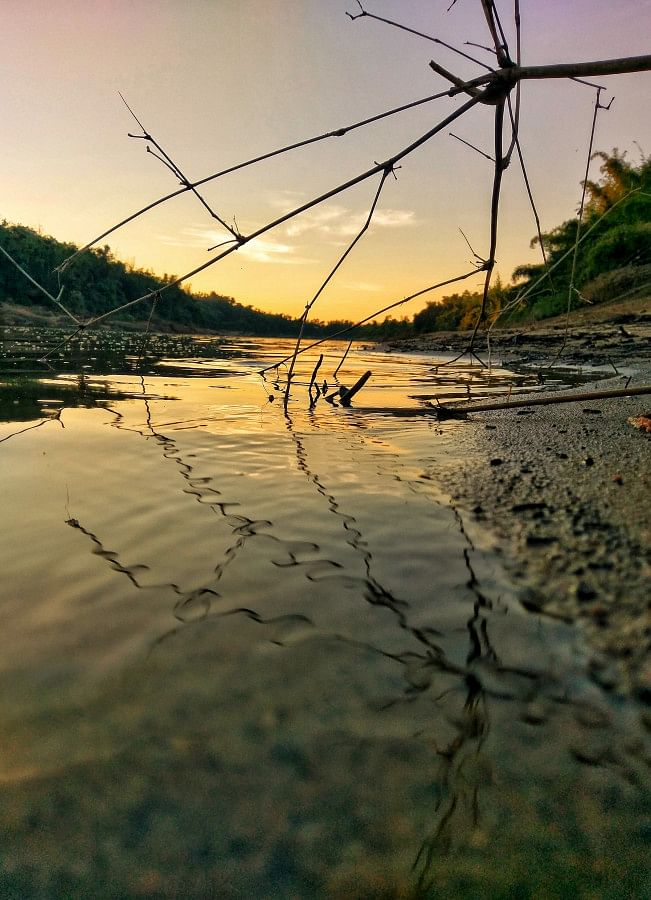
We spoke to some people in general, and stakeholders in the industry, to understand the depth of the impact and explore potential options for recovery.
Sanzida Haque, who had been eagerly planning a trip to Kuakata with her family, shared her experience: "I was planning a trip during the long weekend in the middle of August. However, the fall of the previous government forced us to rethink. Although the same resort is currently offering a better discount offer, I will think twice before taking it any time soon."
Industry experts maintain that political instability generally leads to a decline in the arrival of tourists, including non-resident Bangladeshis. The current situation in Bangladesh has deterred potential visitors, leading to a drop in bookings.
Sakina Ferdous, 56, residing in North Carolina, USA, was planning a visit to Bangladesh but had to cancel. And sadly, she is not alone.
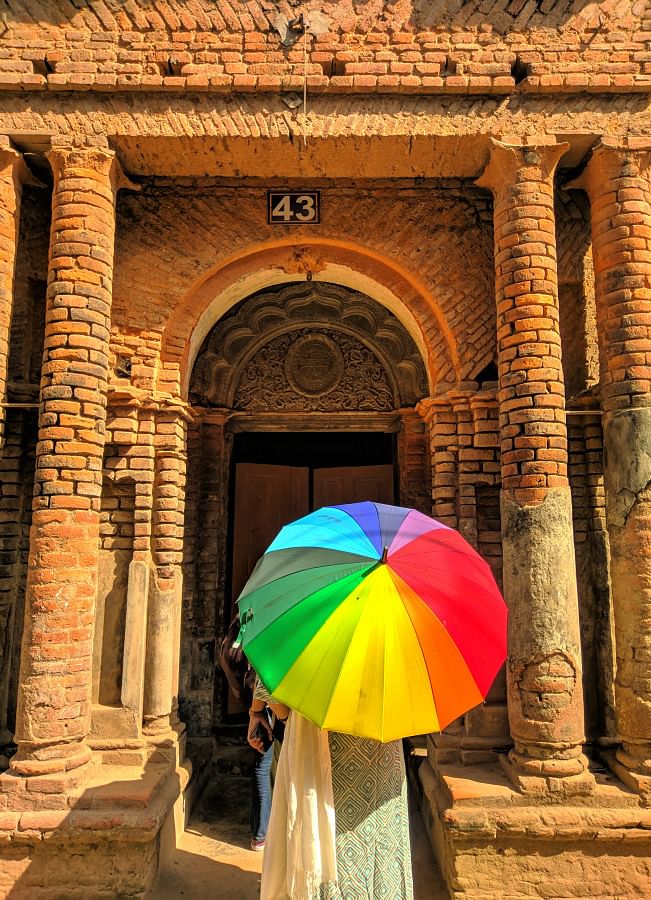
Ferdous said, "Many of my relatives who were set to visit Bangladesh in August and September have had to change their plans. We postponed our trip to November and had to pay hefty penalties for the airfare. Additionally, we cancelled our booking at a hotel in Cox's Bazar and are trying to renegotiate, though I'm not optimistic about our chances."
Crisis and confidence: Stakeholders speak
Apu Nazrul, a passionate tourism enthusiast and young entrepreneur, owns the houseboat Jagatjyoti in Tanguar, Sunamganj.
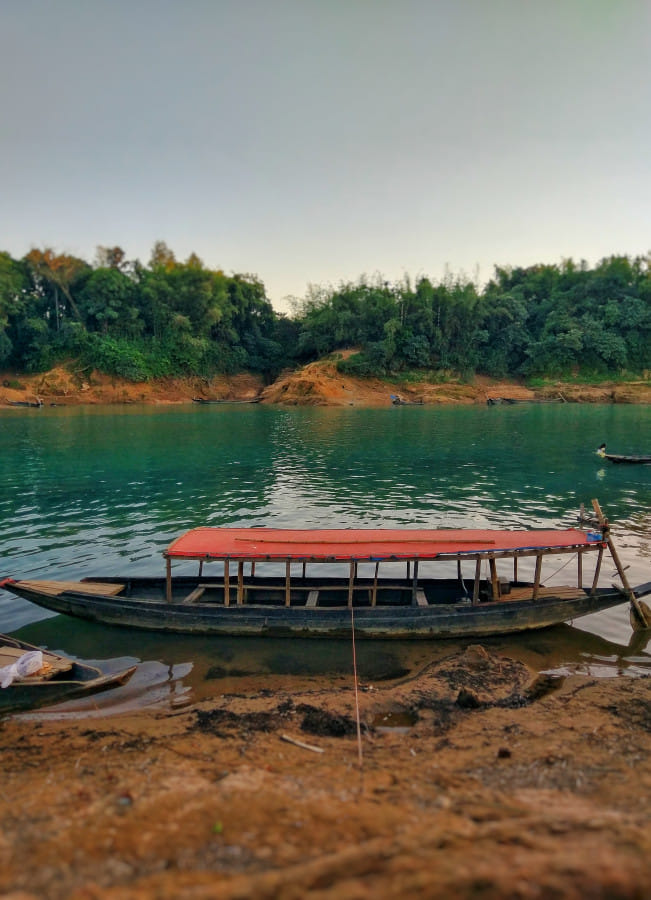
He shared, "The peak tourist season at the haors is between June and October, but this year, we've seen a significant decrease in activity. Political unrest forced us to cancel several houseboat trips over the past two months. Unlike before, when clients were willing to reschedule, now they're asking for refunds."
Apu, who is also renowned for organising trips for the youth across the country, remarked, "My clients have always cherished their trekking experiences. However, given the recent upheavals, many are understandably distressed. The scenes they witnessed were traumatising, to say the least, and for now, organising excursions seems unfeasible."
He added, "We tend to travel only when there's stability both in the country and in our own minds. The concept of travelling as a way to recover from stress or as a positive diversion is still relatively new to us."
Apu noted that during periods of uncertainty, the hospitality industry is often the first to be affected and the last to recover. "Security remains a critical concern in tourism. We hope that once the current crisis subsides, the situation will improve."
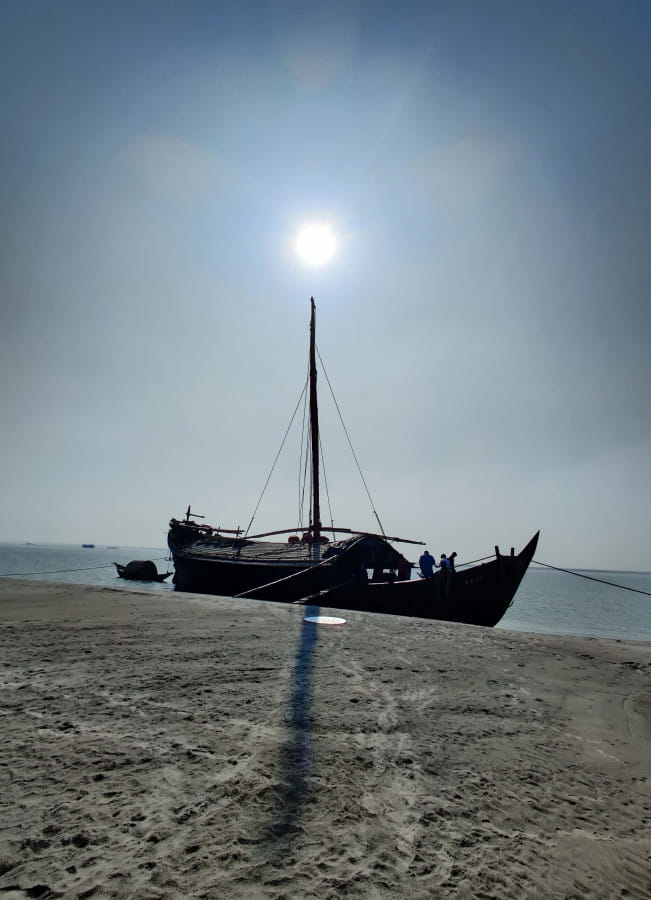
He concluded with a call for reassurance: "The entire nation is experiencing a crisis of confidence. The government needs to assure the public that it is safe to travel. Such reassurances would help rebuild trust among tour operators and encourage them to confidently declare that 'everything is safe.'"
However, things then took an unexpected turn for the worse. As though the political instability were not enough, and when everything was expected to take a positive turn, the country started experiencing flood conditions which will almost definitely put the tourist industry into further disarray.
Md Ariful Islam, resort manager at Balishira Resort, Sreemangal, shared his thoughts.
"Most people are unaware that the current flood has not affected the whole of Sylhet division. Travelling to Sreemangal, hassle-free is still very much possible. However, such words of reassurance must come from all stakeholders. It would be helpful if the government came up with a plan to revitalise the sector.
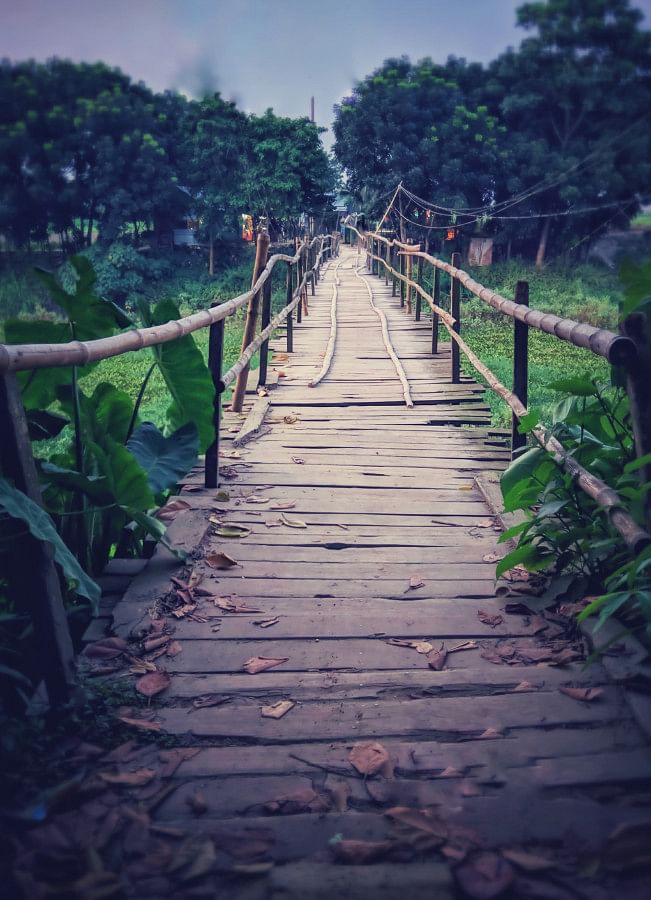
"We incur high amounts in regular maintenance of the resort every month and with only 10-15 per cent occupation of the rooms, we are going through a major crisis. However, we are positive that the situation will improve soon."
As the nation navigates through turbulent times, there is an urgent need for coordinated efforts to restore confidence in the tourism sector. Reassurances from the government regarding safety and stability are crucial in rebuilding trust. Industry players like Apu Nazrul and Md Ariful Islam highlight the resilience and adaptability required to weather this storm.








Comments